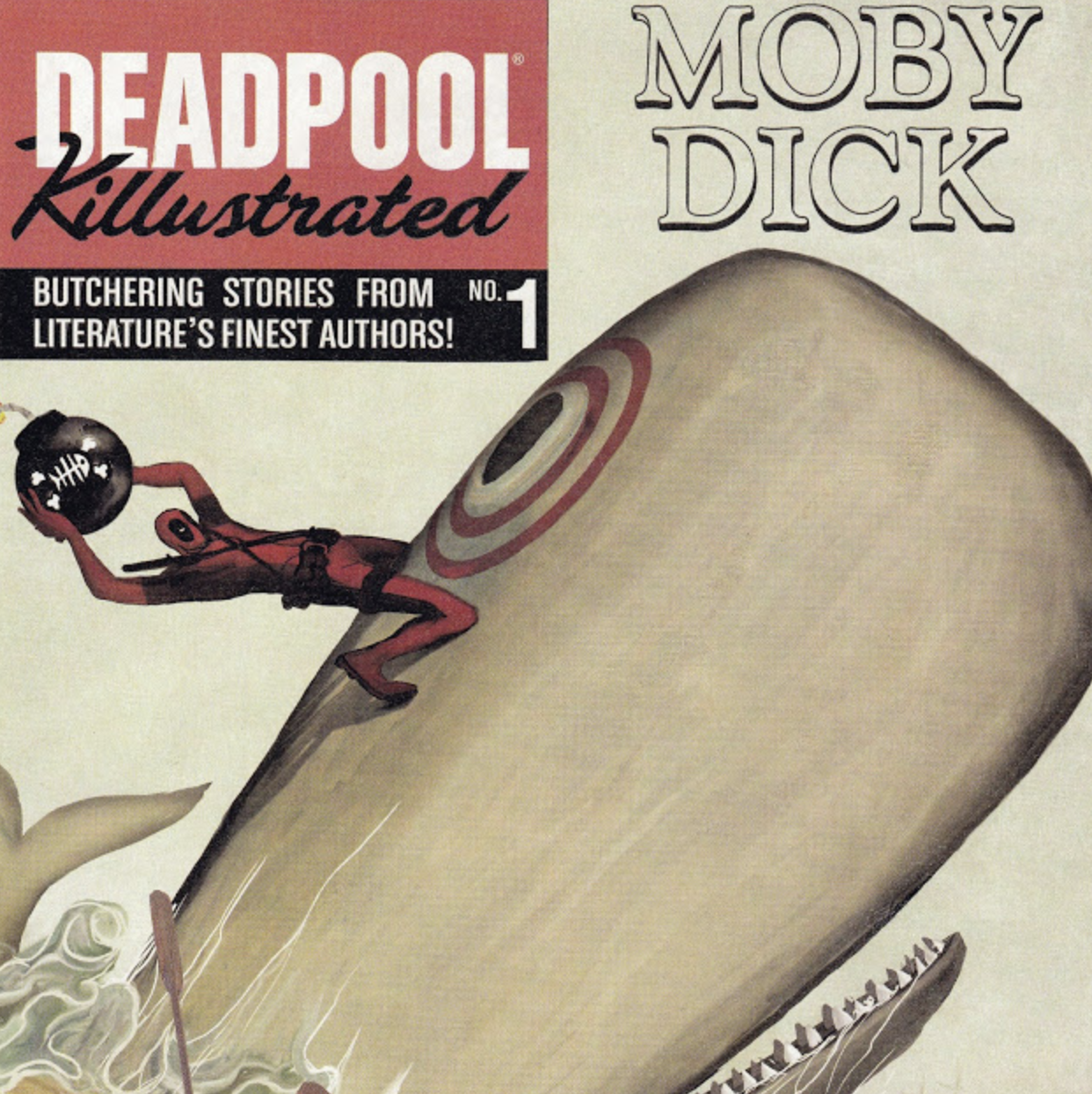I worked from home today. I'm lucky enough to have that option.
But more and more people don't. They're faced to endure a commute to work that they don't get paid to enjoy. More time of their day sucked away means less time for the essential.
The problem is larger than us. It's larger than cities. It's the way our society has been designed. We stretched our world far beyond one another. And we're getting further. The more people feel the need to cram into cities to work, the more commutes and the work day lengthen.
But Sebastian Yunger reflects on this trade-off in a much deeper way in his book Tribe:
“The question for Western society isn’t so much why tribal life might be so appealing - it seems obvious on the face of it - but why Western society is so unappealing. On a material level it is clearly more comfortable and protected from the hardships of the natural world. But as societies become more affluent they tend to require more, rather than less, time and commitment by the individual, and it’s possible that many people feel that affluence and safety simply aren’t a good trade for freedom.”
Modern society is taking our time and somehow we don't really benefit. We might be comfortable but is that what we want?
How much you want to participate becomes a delicate balance and a striking decision.
Do you want to commute?
Do you want to wait on line?
Do you want to see screens and not people?
Do you want to react to everything right away?
Yunger continues, "Numerous cross-cultural studies have shown that modern society - despite its nearly miraculous advances in medicine, science, and technology - is afflicted with some of the highest rates of depression, schizophrenia, poor health, anxiety, and chronic loneliness in human history. As affluence and urbanization rise in a society, rates of depression and suicide tend to go up rather than down."
It’s the hard truth about time - you can’t get it back.
We lie to ourselves that it needs to be this way and that we’ll make due somehow. But Frank Bruni made the inevitable point in a New York Times Opinion piece years ago called The Myth of Quality Time:
“There’s simply no real substitute for physical presence.
We delude ourselves when we say otherwise, when we invoke and venerate “quality time,” a shopworn phrase with a debatable promise: that we can plan instances of extraordinary candor, plot episodes of exquisite tenderness, engineer intimacy in an appointed hour.
We can try. We can cordon off one meal each day or two afternoons each week and weed them of distractions. We can choose a setting that encourages relaxation and uplift. We can fill it with totems and frippery — a balloon for a child, sparkling wine for a spouse — that signal celebration and create a sense of the sacred.
[...]
But people tend not to operate on cue. At least our moods and emotions don’t. We reach out for help at odd points; we bloom at unpredictable ones. The surest way to see the brightest colors, or the darkest ones, is to be watching and waiting and ready for them.”



















